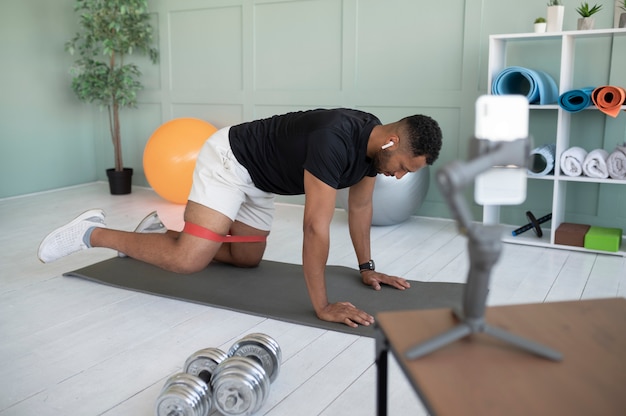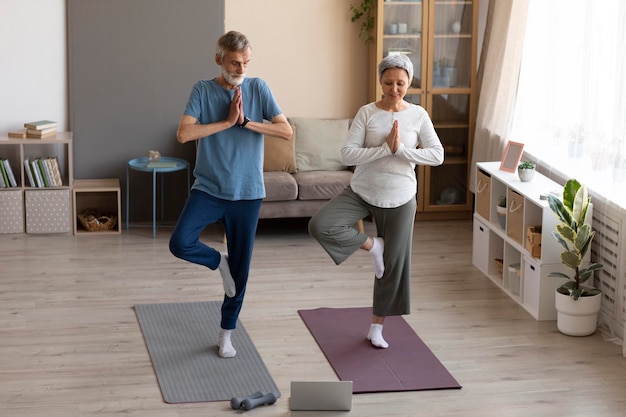Knee pain is a common issue among men, especially as they age or engage in physically demanding activities. Whether it's due to arthritis, overuse, or injury, persistent knee discomfort can hinder daily movement, reduce mobility, and impact overall quality of life. The good news? Simple lifestyle adjustments and targeted strategies can significantly reduce pain and improve joint function.
This guide provides 15 practical, science-backed men’s health tips to help manage knee pain effectively. Each tip includes weekly targets and safety reminders to ensure sustainable progress without risking further injury.
Excess body weight increases pressure on the knees—every extra pound adds up to 4 pounds of pressure on the joint during walking. Losing even a small amount of weight can dramatically reduce strain.

Strong leg muscles support the knee joint and reduce load on the cartilage. Focus on low-impact strength exercises like straight-leg raises and seated leg extensions.
Activities like swimming, cycling, and walking improve circulation and joint lubrication without jarring the knees.

Tight muscles around the hips, thighs, and calves can pull on the knee. Gentle stretching improves flexibility and reduces stiffness.
Worn-out or unsupportive shoes can misalign your gait and increase knee stress. Choose shoes with good arch support and cushioning.
Cold reduces inflammation after activity; heat relaxes stiff joints before movement. Alternate based on symptoms.
A strong core improves posture and balance, reducing unnecessary strain on the knees during movement.
Sitting too long tightens the hip flexors and weakens glutes, contributing to knee misalignment.
Activities like tai chi or yoga improve joint awareness, balance, and gentle mobility.

Cartilage is mostly water. Dehydration reduces shock absorption in joints.
Omega-3 fatty acids (found in fish, flaxseeds) and antioxidants (berries, leafy greens) help reduce joint inflammation.
Knee braces or orthotics can provide stability during activity, especially if you have alignment issues.
Use a 0–10 pain scale to track symptoms. Adjust activities if pain exceeds level 3–4.
Sleep supports tissue repair and reduces inflammation. Poor sleep can amplify pain perception.
Persistent pain, swelling, or instability should be evaluated by a healthcare provider to rule out serious conditions.
Managing knee pain doesn’t require drastic changes. Small, consistent actions can lead to meaningful improvements in comfort and mobility. By combining smart movement, nutrition, and self-awareness, men can stay active and protect their joint health for years to come.

Health

Health

Health

Health

Health

Wellness

Wellness

Wellness

Wellness

Fitness

Health

Fitness

Health

Fitness

Health

Health